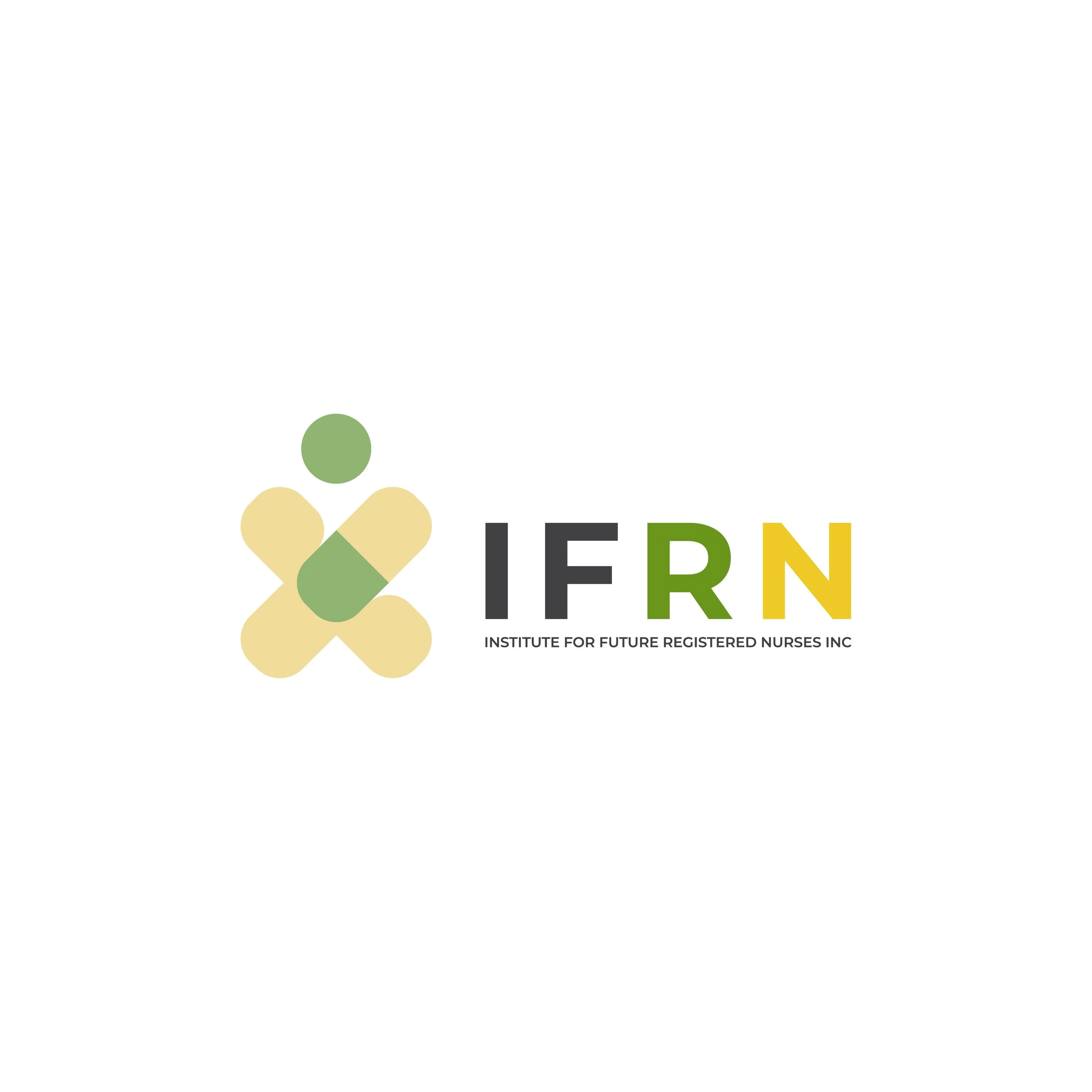INSTITUTE FOR FUTURE REGISTERED NURSES INC
Empowering Futures. Elevating Communities. Transforming Healthcare.
Our Mission
The mission of IFRN is to create environments that breed economic empowerment for women of color from historically excluded communities through a pathway to nursing, ensuring that resources are effectively utilized and have a meaningful impact. This mission promotes social responsibility by acknowledging the historical challenges faced by women of color in the nursing field and working actively to dismantle communities through a pathway to nursing. This mission is rooted in addressing systemic barriers that these communities face and providing opportunities that pave the way for long-term career success. By focusing on nursing, IFRN not only addresses individual empowerment but also contributes to mitigating the larger issue of healthcare workforce shortages.
IFRN’s mission statement is more than a declaration; it acts as a guiding principle for decision-making, program development, and outreach. Every initiative launched by the organization will align with this mission.
The mission also serves as a rallying point for volunteers, donors, and community partners who are aligned with the organization’s goals. Clear and consistent communication of this mission helps build trust and engagement among stakeholders, facilitating stronger partnerships and collaborative efforts that amplify the organization’s reach and effectiveness.
Our Vision
The vision of IFRN is to become a benchmark program among nursing schools and healthcare institutions, recognized for excellence in collaboration, education, and community involvement. Achieving this vision requires continuous improvement and commitment to high standards of program delivery, participant engagement, and the measurable impact of services. The organization envisions a future where women of color are equally represented and successful within the nursing workforce.
This vision supports the organization's efforts to inspire confidence and ambition among prospective nurses and establishes a framework for continuous growth. Programs, partnerships, and resources developed by IFRN are evaluated against this vision to ensure alignment and strategic effectiveness. The emphasis on education and community underscores the importance of a support network that extends beyond scholarships to include mentorship, professional development, and long-term career guidance.
A clear vision empowers IFRN to create strategic plans and set achievable goals that align with its aspirations. The vision is communicated to all stakeholders, encouraging them to contribute in ways that align with their skills and interests. By involving the community in the realization of this vision, IFRN strengthens the sense of shared ownership and accountability.
Our Purpose
The Organization is organized exclusively for charitable, educational, and scientific purposes under Section 501(c)(3) of the Internal Revenue Code or corresponding section of any future federal tax code. The Organization aims to address the nursing shortage in Georgia and improve access to professional nursing education.This is achieved through targeted initiatives that address barriers to entry, such as financial constraints, lack of access to resources, and insufficient representation within the field.
Our programs will focus on various aspects of nursing education, including academic support, career development, and practical training opportunities. By providing scholarships and financial assistance, we aim to alleviate the economic burden on students pursuing nursing degrees. Additionally, mentorship programs will connect experienced nurses with aspiring students to foster personal and professional growth, enhancing the chances of success in their nursing careers.
Advocacy is also a crucial component of our mission. We will engage with educational institutions and healthcare organizations to promote policies that support nursing education within the profession. Our outreach efforts will focus on raising awareness about the importance of diversity in nursing and the need for increased access to education for underrepresented communities.




